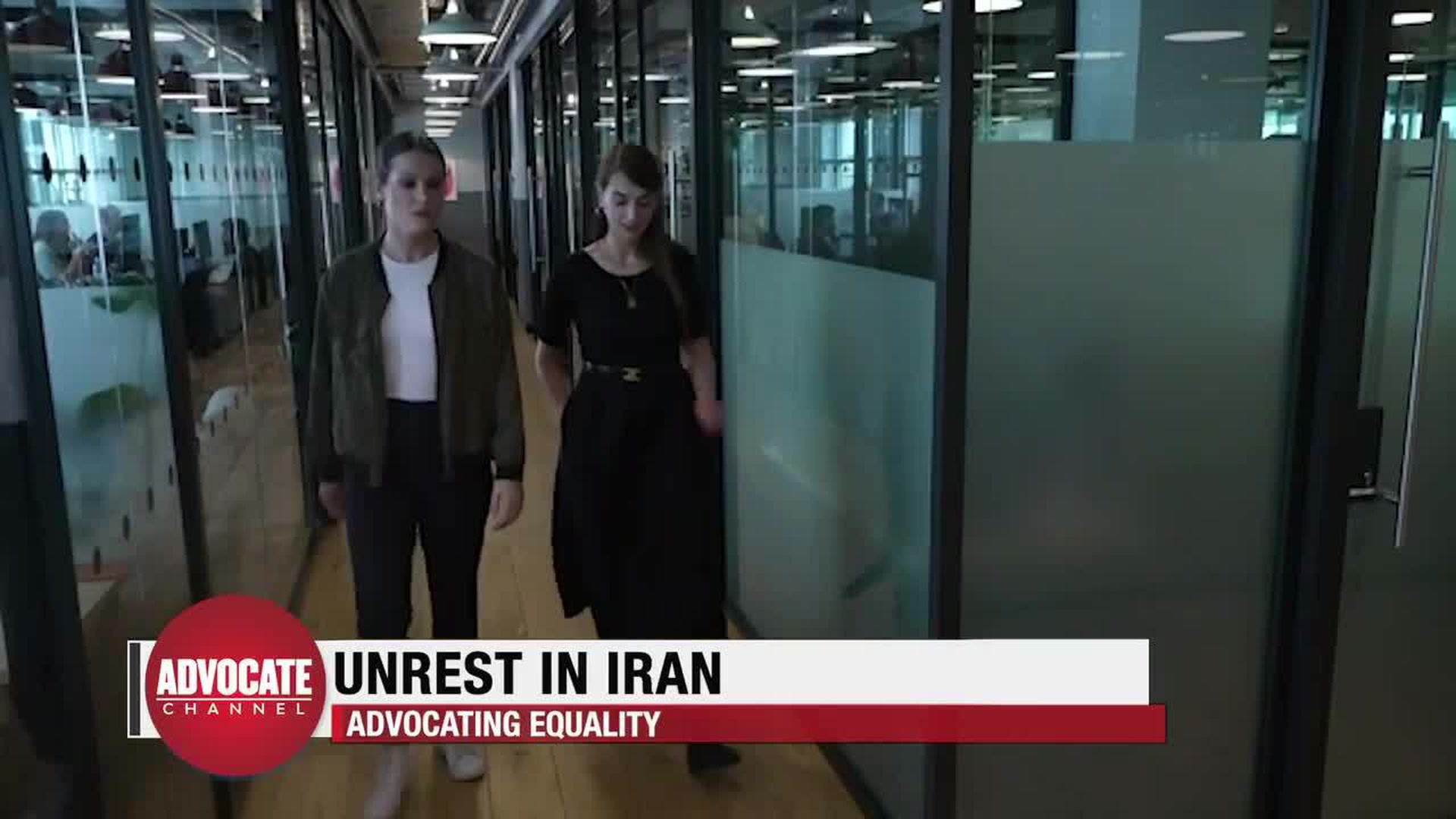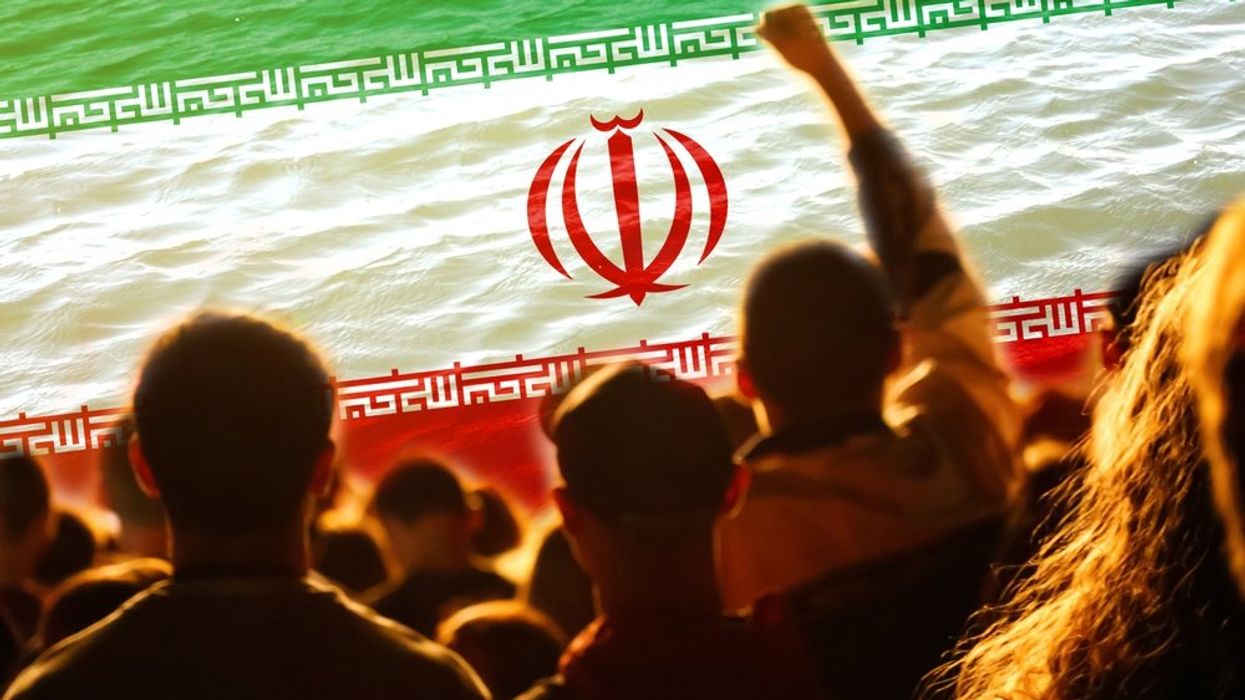An Iranian teenage girl was hospitalized after an incident on public transport, fueling a new wave of outrage and accusations against the country’s morality police one year after protests swept the country.
On Sunday, Armita Geravand, 16, suffered a “severe physical assault” by government agents for allegedly violating the country’s strict Islamic dress code. The case has drawn comparisons to that of Mahsa Amini, a 22-year-old Kurdish woman whose death last year after being detained by the morality police caused a wave of mass protests.
Iran protests

Authorities have denied allegations of any physical altercation stating Gervand fainted after a drop in blood pressure. State-run media published what it claims is security footage from the Tehran subway station, however there is no footage from inside the car.
The video appears to show a girl with uncovered short black hair entering a train, then being dragged out unconscious onto the platform. The video does not show what might have caused the girl to collapse while inside the train.
In a blog post, Iranian Kurdish rights group Hengaw said that the 16-year-old was assaulted by officers who were enforcing the mandatory hijab. The organization claims that she fell into a coma on Sunday.
The group posted a photo to social media on Tuesday that it claims showed Geravand in bed in an intensive care unit at an air force hospital. The group noted that authorities had imposed strict security measures around the hospital and her family.
Masoud Dorosti, the head of the Tehran Metro, informed local media that a girl was undergoing treatment in a Tehran hospital after an incident on the subway. However, he stated that the security footage suggested that she had fallen to the ground after a drop in blood pressure with no sign of an altercation.
A couple who was identified as Gervand’s parents supported that narrative, stating that the girl experienced a drop in blood pressure, fainted and hit her head.
IRNA, a state-run news agency, also published interviews with two girls, who identified themselves as classmates of Gervand, claiming to have been with her on the day who also stated that she had fallen and hit her head without being pushed.
Human rights groups have frequently accused Iranian authorities of making families and/or friends of those involved in such incidents to deliver statements under duress.
“Girls are subjected to violence on the streets, and then their families are compelled to protect the government responsible for that violence,” Hadi Ghaemi, executive director of the Center for Human Rights in Iran, told NBC.
People on social media have emphasized the absence of published CCTV footage from inside the train. An Oslo-based Iran Human Rights organization said in a statement that, “refusing to publish the footage only increases doubts about the official narrative.”


















































